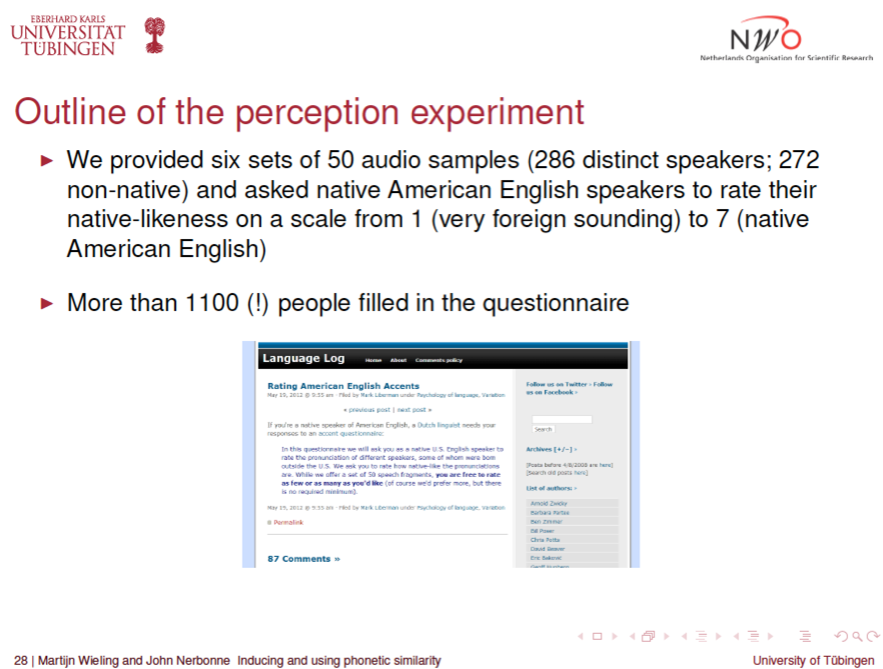On Friday of last week, Pieter Muysken and I organized a party in the Northwood housing area at the University of Michigan. We were in Ann Arbor to teach at the 2013 LSA Institute, and because Noam Chomsky's Forum Lecture had been the evening before, the get-together was advertised as the "Epi-Chomskyan Block Party". We chose epi- because its wide range of senses (above, on, over, nearby, upon; outer; besides, in addition to; among; attached to; or toward) seemed appropriate.
Anyhow, a good time was had by all. The thing that I want to focus on is the cherry wine that Marianne Mithun brought. Michigan cherry wine is apparently a thing, which I didn't know — but I already had a strong association, in the wrong direction, from Buddy Guy's 1968 song about leaving Chicago, A man and the blues:
I think I'll move on back down south,
where the water tastes just like cherry wine.
I think I'll back down south, people,
where the water tastes to me like cherry wine —
uh this Lake Michigan water tastes to me just like turpentine.
But when I looked into it, I discovered that the connections among blues music, cherry wine, and the upper midwest are older and more complex than I thought.
Read the rest of this entry »




